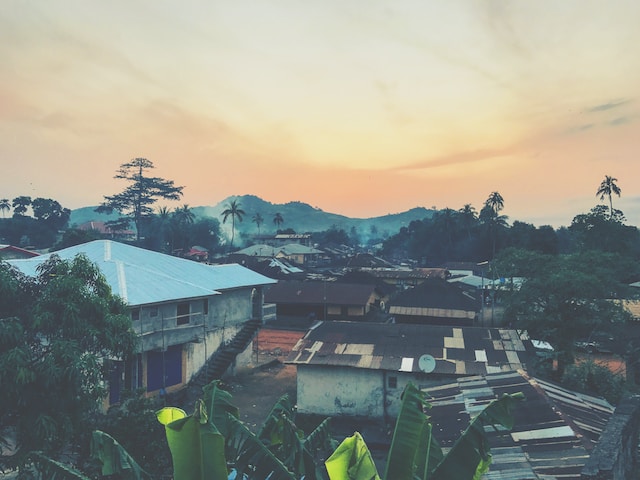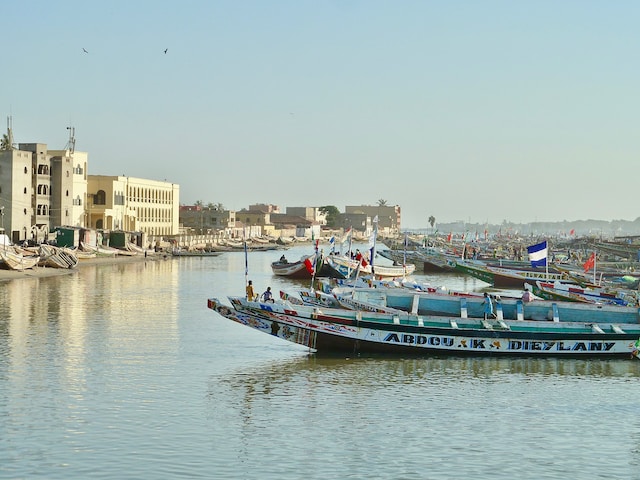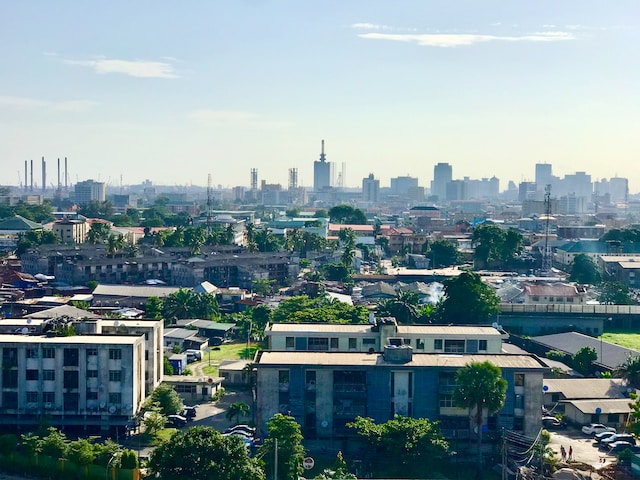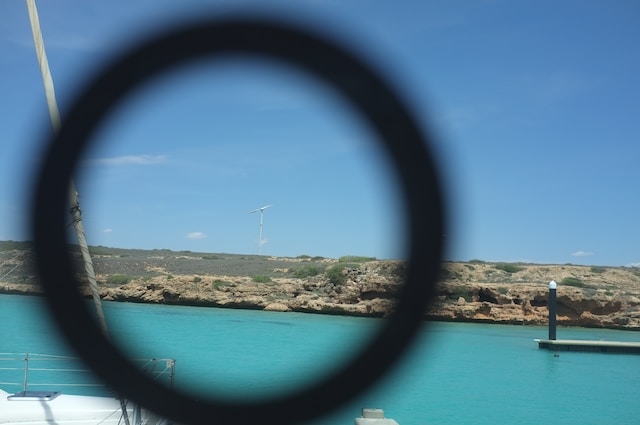The National Energy Regulator of South Africa is a key player in the country’s power sector. Established in 2000, NERSA is an independent body responsible for regulating the electricity, piped gas, and petroleum pipeline industries. It is also responsible for the licensing of power-related activities, as well as the determination of tariffs and prices.

The agency plays a critical role in ensuring that Africa’s power sector is well-regulated and efficient. It works to ensure that electricity is supplied reliably and cost-effectively, while also protecting the interests of consumers. It also works to ensure that the power area is compliant with the relevant national and international laws and regulations.
These other articles might interest you:
Cooperation between NERSA and the energy sector
The two organizations’ cooperation represents a significant advance in maintaining the country’s secure energy supply and the sector’s long-term viability.
In South Africa, the regulation of the oil, gas, and electricity sectors is the responsibility of NERSA. It is also in charge of choosing tariffs and other tools for economic regulation. Together, the agency and South Africa’s energy industry can make sure that the power supply is dependable and economical. This is advantageous for customers as well as the industry.
Cooperation between NERSA and government bodies
It works in close collaboration with government agencies to ensure that the energy field is well-managed and that the interests of consumers are protected.
It works with several government agencies to ensure that the energy sector is well-regulated. These include the Department of Energy, the African National Energy Development Institute, the South African Local Government Association, the South African National Energy Association, and the South African Petroleum Industry Association. It also works with other industry stakeholders such as producers, distributors, and consumers.
Cooperation between NERSA and corporate bodies
In South Africa, businesses are cooperating with national regulators to ensure a sustainable future. One such business is Eskom, the country’s largest electricity provider. Eskom has committed to reducing its carbon footprint and increasing its use of renewable sources.
Another business working with regulators is Sasol, a global chemical company. Sasol has pledged to reduce its greenhouse gas emissions and has invested in renewable electricity projects. The company is also working to improve its efficiency and reduce its water usage.
Duties of NERSA
The agency is tasked with ensuring that the sector is efficient, safe, reliable, and affordable. To ensure that these objectives are met, the bureau has several important duties and responsibilities.
The top 10 duties of the agency are as follows:
- Regulating the electricity, piped-gas, and petroleum pipeline industries.
- Setting tariffs for electricity, piped gas, and petroleum pipelines.
- Monitoring and enforcing compliance with the regulations set by the agency.
- Investigating and resolving complaints from customers and other stakeholders.
- Promoting competition in the sector.
- Encouraging the development of renewable sources.
- Assessing applications for licenses and permits.
- Promoting energy efficiency and conservation.
- Ensuring the safety and reliability of infrastructure.
- Advising the government on investment matters.
Visit NERSA
If you are looking to get involved in the South African power market, it is essential to get in touch with the bureau. They can provide valuable information on how to comply with regulations as well as advice on how to maximize your profits. It also has a range of resources available that can help you understand the current market and make informed decisions about your investments. Getting in touch with NERSA can be a great way to ensure that you are taking advantage of all the opportunities available in the South African power sector.







